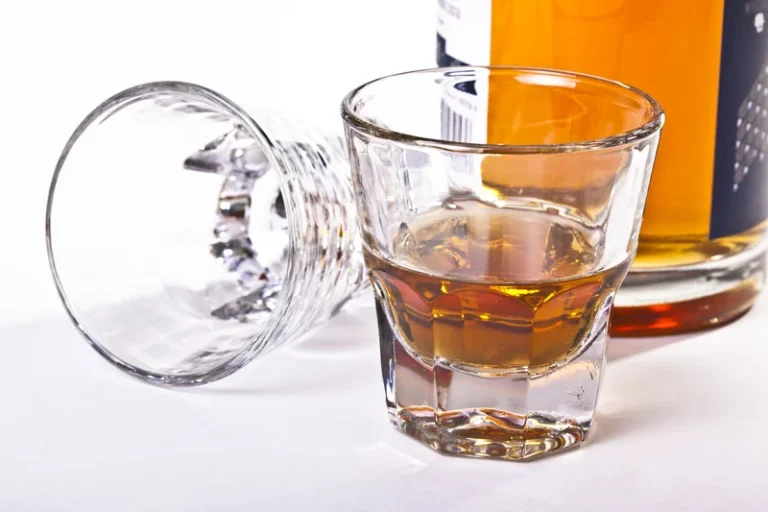
You should not take Ativan for alcohol withdrawal unless your doctor has prescribed the drug for this purpose. The use of Ativan for alcohol withdrawal is considered an off-label use. There are two types of triggers that can set off a person’s urge to drink. External triggers are people, places, things, or times that offer opportunities to drink and remind a person of alcohol. Internal triggers are thoughts, emotions, or physical sensations that cause a person to drink. Being exposed to either form of a trigger can result in unwanted relapse.
How To Wean Yourself off Alcohol Safely
It’s a good idea to talk with a medical professional before you begin a taper. They can help you decide if it’s the safest way to start your recovery, and they can help you make a taper plan. Tapering off alcohol helps some people start their recovery journeys. It can also be a good idea for people who don’t want to, or can’t, attend any type of full detoxification program.

Tapering off Alcohol: What You Need To Know

This includes beer, wine, and liquor, as well as products that contain alcohol such as rubbing alcohol and vanilla extract. Keep a list of emergency phone numbers on hand that includes contact info for your doctor, the police, a nearby hospital, and someone you trust. And consider joining a support group such as Alcoholics Anonymous. You might reach for alcohol when you’re really just thirsty, says Crews. Drink a cup of soothing tea or a tall glass of water before you imbibe—once your thirst is quenched, you may not feel the need for as much—or any—alcohol. If you turn to alcohol to ease anxiety, try exercise as a healthy alternative.
- Instastly check if your insurance covers treatment at The Recovery Village.
- Take the first step toward addiction treatment by contacting us today.
- And some of these medications can be dangerous or addictive on their own.
- We have taken the necessary precautions to minimize the risk of exposure and transmission of the Coronavirus to those in our treatment programs, allowing them to focus on their recovery.
How To Taper off Alcohol Safely and Effectively

Whatever your reason to quit drinking, know that you’re doing yourself a favor. Alcohol impacts our sleep, relationships, weight, risk for serious chronic conditions and more. If you plan to taper your drinking in order to stop, make sure you limit your intake consistently, avoid fluctuations, and adhere to a weekly reduction schedule with a set date to stop. Individuals who’ve consumed higher amounts of alcohol over time can develop life-threatening complications when trying to quit. These complications can develop within a few hours or days and appear in the form of seizures, delirium tremens (DTs), and hallucinations, sometimes even leading to death.
- Ultimately, the best way to stay safe, as noted above, is to speak with a medical professional before you quit.
- Unless an AUD is addressed, the health problems drinking causes may be unstoppable.
- It is important to note that prescription medication should not be used for a substitution taper unless it has been prescribed as part of a medical detox program.
- Rehabilitation facilities can help you on your path to sobriety by addressing alcohol withdrawal symptoms and becoming involved in sober living support groups, like AA.
Symptoms Of Alcohol Withdrawal
We have taken the necessary precautions to minimize the risk of exposure and transmission of the Coronavirus to those in our treatment programs, allowing them to focus on their recovery. Alcohol proof is the amount of alcohol found in distilled spirits or liquor. Smaller drinks with a higher percentage of alcohol are stronger than the same size drink containing a lower-proof liquor.
Before you begin an alcohol taper, a little preparation can go a long way, especially when it involves handling your triggers and tracking how much you drink. Remember your motivation for cutting back and set realistic goals. Figuring out where to start your alcohol taper schedule can be challenging. Counting each drink you consume may seem simple, but all drinks are not created equal. The alcohol content itself is important, and it depends on the percentage of alcohol, the proof of the alcohol and the actual amount of alcohol in the drink.
Change your environment
Rather than quitting drinking abruptly (or “cold turkey”), many professionals recommend gradually reducing your drinking (or tapering) over time. This can give your body the chance to adjust, helping you avoid the worst of withdrawal symptoms. how to taper off alcohol Making a schedule to slowly reduce your alcohol intake is a safe way to taper off the substance. This will ensure that you are not quitting cold turkey which could result in severe and debilitating withdrawal symptoms or even death.
Ativan side effects
It does this by providing compassionate care and evidence-based content that addresses health, treatment, and recovery. The amount of time it takes to taper off of alcohol can vary greatly from person to person. Some people can taper quickly and quit alcohol completely, while others may take longer.
For this reason, you should always talk to your doctor before attempting to quit drinking. That said, If you’ve been drinking excessively, then stopping drinking cold turkey can lead to withdrawal symptoms. You may decide to seek medical treatment for your withdrawal symptoms or make the choice to enter a professional detox or rehab center.
